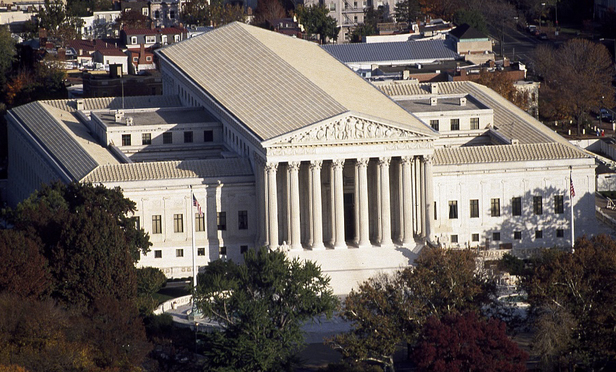The U.S. Supreme Court’s docket is not usually filled with Talmudic explorations of the Fair Labor Standards Act. It may be too soon to say that the tide is turning, but it is true that the court has already granted an FLSA case for next term on the heels of its decision in a related case this past January. Both of these cases have far-reaching consequences for employers, since back pay, overtime and double damages for employees are on the line. The cases involve the compensability of certain activities—donning and doffing protective gear in the case decided in January and going through a security screen in the new case—that employees must complete to perform their jobs, but are not necessarily the crux of the jobs themselves.
The FLSA ensures that employers properly compensate their employees for the entire workweek. It sets a minimum wage and mandates overtime pay when a covered employee works more than 40 hours in a week. The Portal-to-Portal Act of 1947 clarified that the FLSA does not apply to activities that are “preliminary or postliminary” to an employee’s primary job responsibilities. That does not mean that employers will never pay for those activities. Rather, it means that employers are not mandated by law to pay for them; employees can use the collective-bargaining process to be compensated for them.



